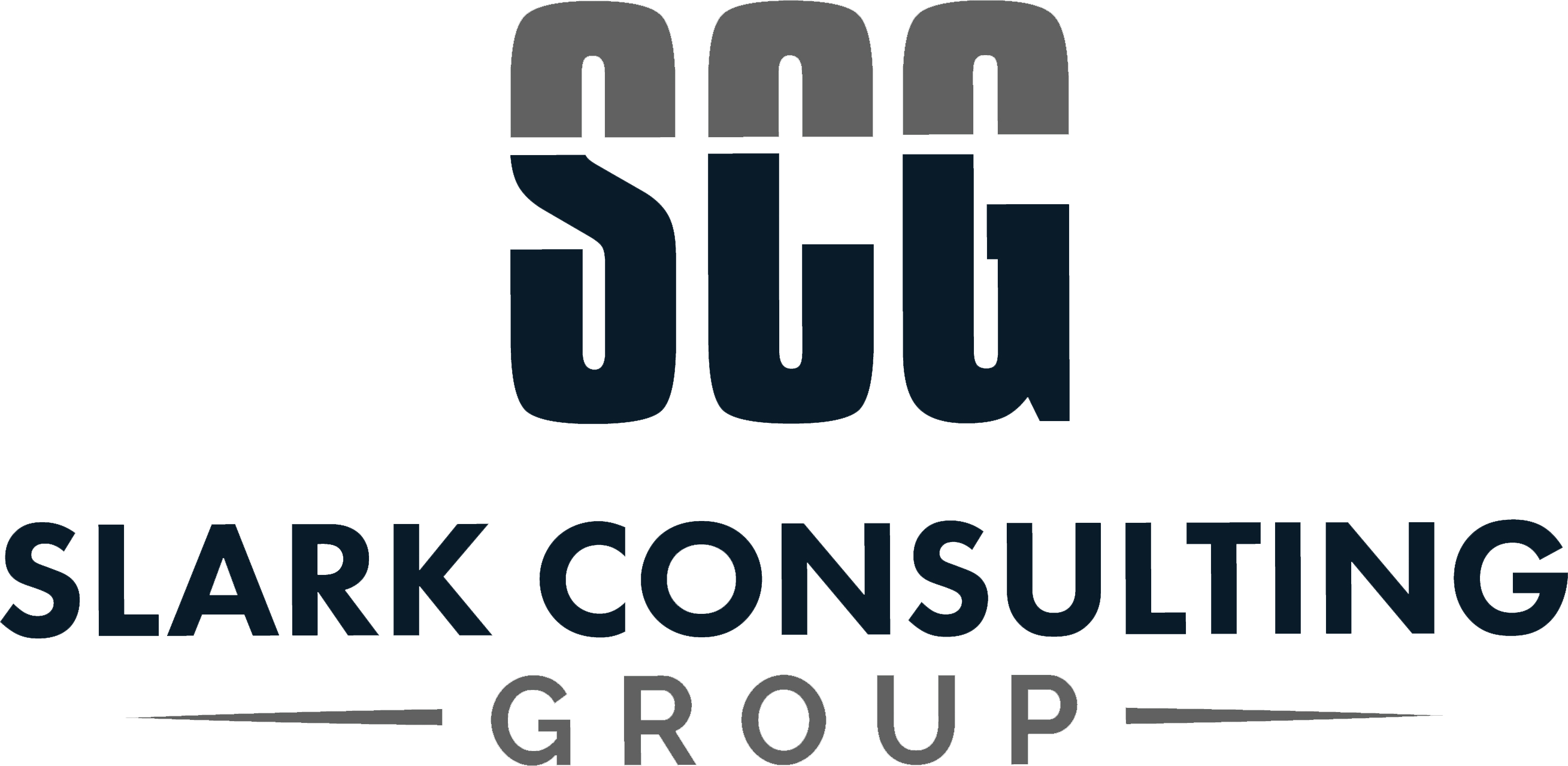Data in the 21st century is like oil in the 18th century. In 2006, Clive Humby, a British mathematician and data science entrepreneur, made a keen observation, “Data is the new oil!”
Ever since we have been collecting more and more data. It would take six more years for a breakthrough in deep learning in 2012 to truly unlock the power of data and set off an industry-wide artificial intelligence boom. The recent advance in artificial intelligence gives us the tools necessary to process vast amounts of data. The number of Big Data Analytics startups has skyrocketed since. Today, every tech company is data-driven, and every non-tech company has to become one or become extinct.
Now that we have the technology to process big data, knowledge is truly abundant. Google is currently processing more than petabytes of data per day. However, it doesn’t necessarily make Google any wiser. As Chip Conley reminds us, “There is no shortage of knowledge, but there is a scarcity of wisdom.” The biggest challenge of our time: cultivating and harvesting wisdom.
We can have data without wisdom, but we cannot have wisdom without data. Data is like the lifeblood of our system. Without it, we cannot survive. But, wisdom doesn’t just come from collecting more data. In our data-driven world, we are relying ever more on data to figure out what is good or not. When we are looking for solutions, our first instinct is to collect more data. “Let the data speak for itself.” The only problem: data doesn’t speak. It supports.
Wisdom is how we relate to each other. As technology enables us to become so efficient, it changes the way we relate to each other. Instead of relational, we are becoming more transactional since we prefer quick and short interactions. Instead of being united in our thinking, we are becoming more divided. Instead of love, we are being driven by fear as social media’s algorithms seem to optimize around negative emotions. What’s happening? We engineers thought the world would be a better place if it were entirely data-driven. Isn’t this the dream of technologists?
Data, just like oil, can only take us so far as a society. By collecting more oil, it is certainly creating more profits for companies. But, it doesn’t necessarily make a better world for everyone. When we think only with data, it naturally divides us because data doesn’t care how we relate to each other. Humans do. The greatest difficulty is not because we don’t care about others. It is because we become blinded by our logic. When we are only data-driven, our prefrontal cortex and insular cortex are somehow disconnected from our hearts. We stop seeing how we are all connected.
Maslow’s hierarchy of needs is still relevant in our data-driven world enabled by artificial intelligence. The top of the hierarchy is full of wisdom and love, while the bottom is full of fear and negative emotions. Being data-driven without wisdom drives us towards the bottom of the hierarchy, where the underlying assumption is scarcity. Wisdom, on the other hand, helps to elevate us from “me” to “us”, from transactional to relational, and from survival to thriving. With wisdom, it enables us to see abundance by recognizing that we are in this world together. It is no longer your data versus my data. It is our data.
What if we go from being data-driven to wisdom-driven? What if we become wisdom-driven but data-informed? As we enter the fifth industrial revolution, I believe we can no longer be only data-driven without wisdom. We need to learn to be humans again.
Benny Xian is an MEA alum, engineer, entrepreneur, and founder of Project AI+Compassion with the purpose to help bring compassion to tech. www.ai-compassion.com
